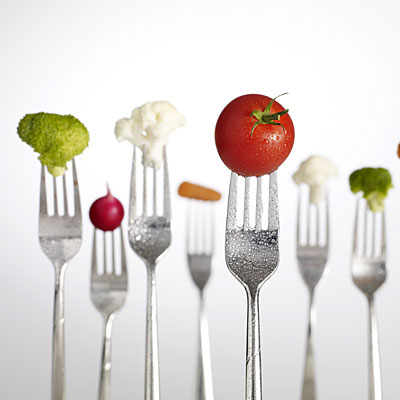
5 Elements of Effective Dieting
July 12, 2015 // Nutrition
Diets are aplenty in the fitness industry. Diets are perceived to be a short-term, quick-fix to lifelong rooted issues in a persons’ eating habits. Some were relaxed and encouraged decision making, while others micromanaged every aspect of the eating experience. Many “work” in theory, but have almost no sustainability for the average, sane individual.
I’ve read, researched, tried, and recommend hundreds of different dietary strategies.
The difference between a successful diet and a food imprisonment is sustainability.
Simply put, the “best diet” is the one you can stick to.
[Take a moment and let that sink in]
After 10+ years of being immersed in this element of health, I have outlined the 5 elements of effective dieting. These are the five elements that are needed for most people to use the diet long-term:
1. Follows The 80/20 Rule
80% of your intake should be healthy, wholesome real foods. Up to 20% can be all other types of foods or indulgences. You need to account for desserts, drinks, and uncontrollable options. No matter how much you plan, there will come a time when food is out of your control, and you need to be able to relax. The 80/20 rule is important for long-term success. It allows you to prioritize what’s important, and creates a moderate structure for unhealthy options. I sometimes eat desserts and have drinks, all without any guilt or worry. You should do the same.
2. Encourages New Challenges & Discoveries
You need to try new things. It’s important for developing your relationship with food (yes, that’s a real thing). Exploring new foods, recipes, combinations, and other variables improves your eating experience while enhancing your palate. A diet needs to push you to try something new, something different. I personally ask each one of my clients to step outside of their comfort zone and explore new ideas. You never know what you may find you enjoy.
3. Allows For Individual Differences
“You need to eat Paleo. It’s how our ancestors ate.”
“Dude, I’m Asian. My ancestors ate differently than yours.”
Any diet that has rules without individualization or customization is a recipe for disaster. Food plays an integral part in our lives and our preferences are a reflection of who we are. You have to be able to adapt any diet to your culture, environment, and/or individual preferences. A diet needs to respect differences and allow for adjustments. If not, it’s flawed. Think Kosher & pork or Vegetarian & meat. Not going to happen.
4. Be Quantifiable
I am a big proponent of measuring the numbers at least once. I encourage my clients to spend a few weeks on MyFitnessPal in order to become aware. It’s important to understand the influence carbs, fats, proteins, sugar, and most importantly Calories. While Calories in/Calories out aren’t the only factor in healthy eating, it is a foundation. Quantity first needs to be regulated in order to enhance your physique. No other way around it.
5. Promotes Healthy Practices
The cookie diet, the brownie diet, the healthy pizza diet. Grow up. Sure as a kid this might sound awesome, but you’re an adult (or so they say). If you believe eating cookies is a way of healthy living, check yourself. At this point in your life, you need to match your values with your practices. A healthy diet promotes you to improve the basics: Water for liquids, Protein & Veggies in each meal, balancing Fats, using Fruits for snacks, and stopping at 80% full. After that, the rest is person and goal specific.